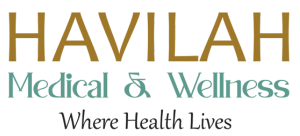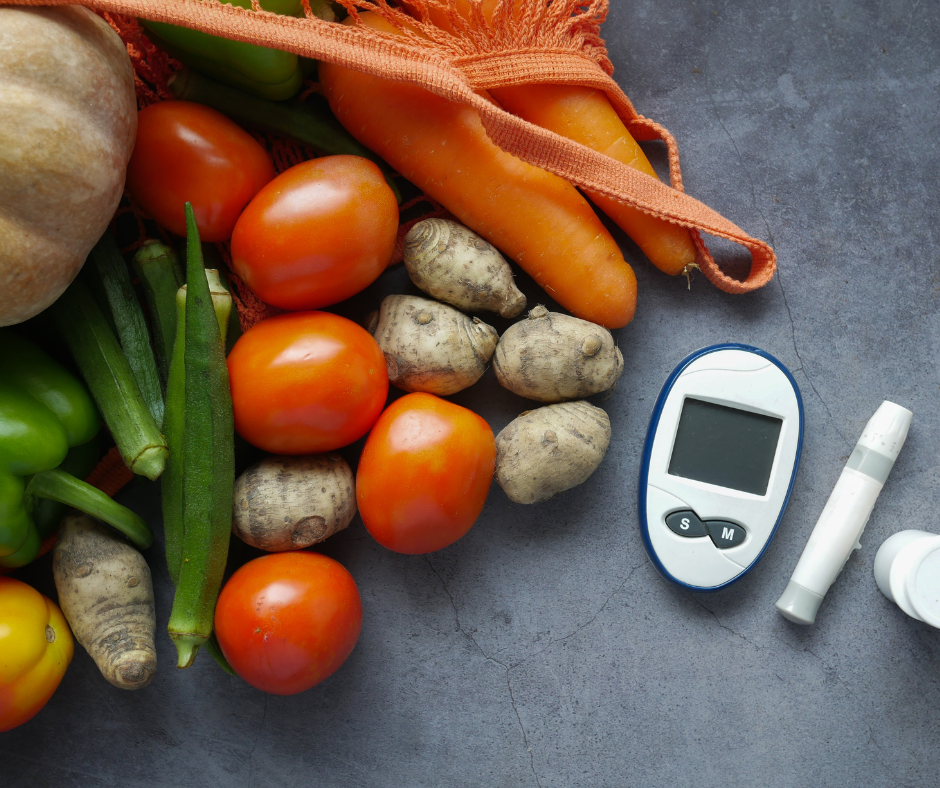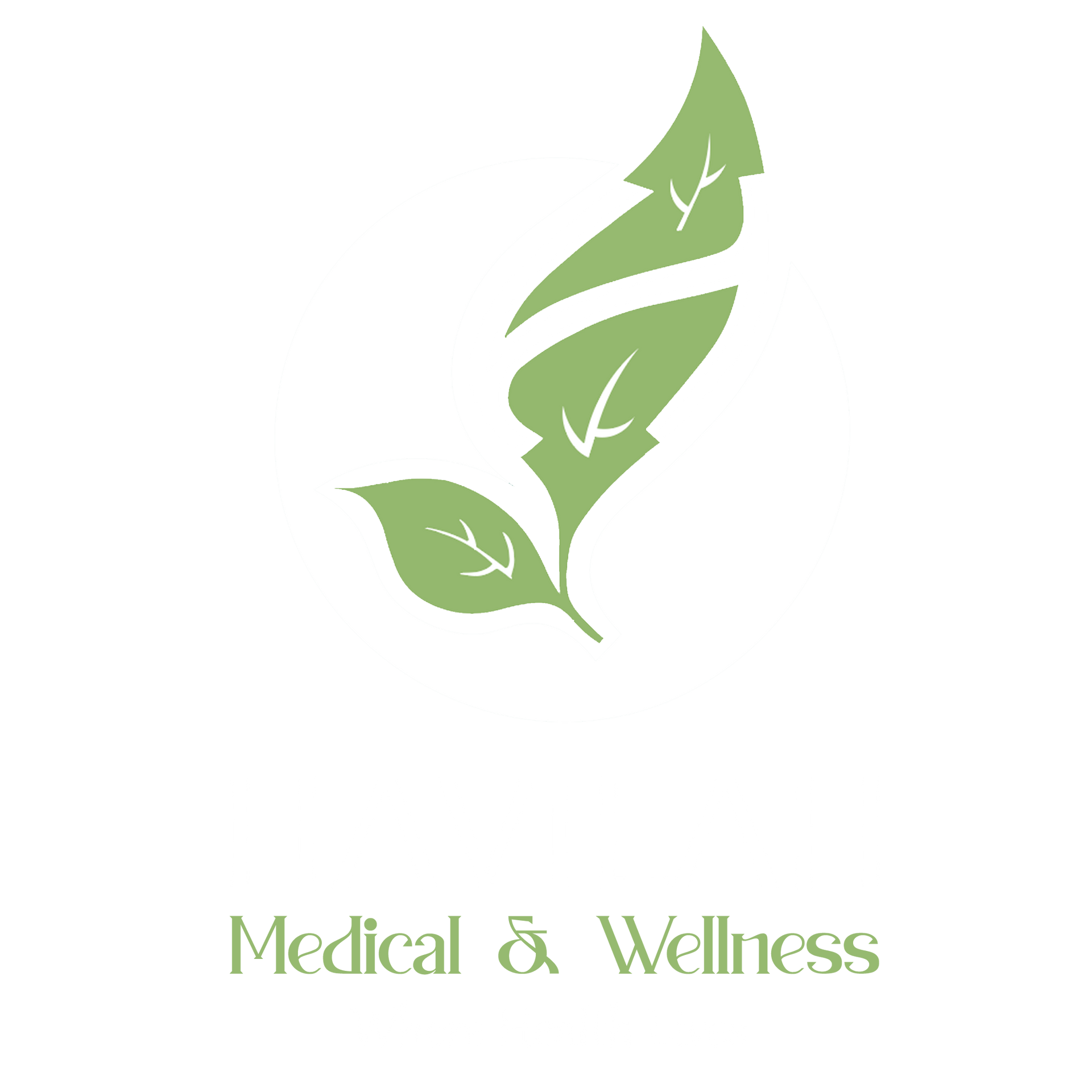Health Screenings Every Adult Should Get In Their 30S, 40S, And Beyond
Health Screenings Every Adult Should Get In Their 30S, 40S, And Beyond
Understanding The Importance Of Preventive Health Screenings
Preventive health screenings are a vital component of maintaining long-term well-being and catching potential health issues before they develop into more serious conditions. As individuals navigate through different stages of adulthood, their bodies undergo numerous changes, and with these changes comes an increased susceptibility to various health problems.
Regular health screenings serve as a proactive step in the fight against these issues, allowing for early detection and effective management of diseases.
They provide individuals with crucial information about their current health status, empowering them to make informed decisions about their lifestyle and healthcare choices.
Screenings are essential not only for detecting conditions like heart disease, diabetes, and certain cancers early on but also for identifying risk factors that could lead to such diseases. By doing so, individuals are given the opportunity to implement preventive measures, such as altering their diet, increasing their physical activity, or beginning medical treatment, which could dramatically decrease the likelihood of health complications in the future.
Furthermore, many conditions, when caught early, can be managed more successfully, reducing the potential for severe outcomes and improving quality of life.
The significance of preventive screenings extends beyond the individual, benefiting families and communities. Healthy individuals require fewer resources from the healthcare system, thereby reducing the overall burden on healthcare services and lowering costs. Encouraging a culture of regular health checks promotes a healthier population, which contributes to increased productivity and economic stability.
Despite the known benefits, many adults neglect regular screenings due to fear, misinformation, or a lack of perceived necessity. It's critical to understand that ignorance of one’s health status does not equate to safety. Being proactive with health screenings is an investment in one's future and a commitment to a healthier, more informed life.
Essential Screenings In Your 30S
In your 30s, it can be easy to feel invincible. The demands of work, family, and social life often overshadow the importance of health check-ups. However, this decade is a vital window for establishing a solid foundation for long-term wellness. Regular health screenings can detect potential health issues early, allowing for timely intervention and a healthier future. One of the crucial screenings in your 30s is the blood pressure check.
High blood pressure often goes unnoticed due to its lack of symptoms but can lead to serious conditions such as heart disease and stroke. Regular monitoring helps ensure levels remain within a healthy range. Similarly, cholesterol levels should be checked regularly. An imbalance in cholesterol can increase the risk of cardiovascular diseases, making it crucial to maintain levels through diet, exercise, and, if necessary, medication.
Blood sugar screenings become essential in your 30s, especially if you have a family history of diabetes or lead a sedentary lifestyle. Early detection of elevated blood sugar can prevent the progression to type 2 diabetes, enabling lifestyle changes that can dramatically alter your health trajectory. Women in their 30s should prioritize cervical health with regular pap smears. These tests can detect precancerous changes in cervical cells, allowing for early treatment and reducing the risk of developing cervical cancer.
Breast health is another area to monitor; while routine mammograms may not start until later, being aware of changes in breast tissue and discussing any concerns with your healthcare provider is key. Mental health screenings are often overlooked but are essential in this hectic decade. Addressing issues like stress, anxiety, and depression can prevent them from becoming debilitating. Establishing a relationship with a mental health professional can provide ongoing support through life's ups and downs.
By staying vigilant and proactive with health screenings, you can navigate your 30s with confidence, setting a robust foundation for the decades to come.
Key Health Screenings For Your 40S
As you transition into your 40s, maintaining your health becomes increasingly important. This decade is often marked by changes in metabolism, hormone levels, and an increased risk for various health conditions. Engaging in regular health screenings is crucial for early detection and prevention of potential issues. By establishing a schedule with your healthcare provider, you can ensure that you're monitoring key aspects of your health.
One of the most important screenings during your 40s is a cardiovascular assessment. This typically involves checking your blood pressure, cholesterol levels, and blood sugar to identify potential risks for heart disease and diabetes. Heart-related conditions are a leading cause of illness, and early detection can be crucial for prevention.
It's also essential to have a comprehensive eye examination during this time. As you age, your eyesight can deteriorate and conditions like glaucoma, cataracts, or macular degeneration might emerge. Regular eye exams can help in early detection and management of any potential eye health issues. Additionally, for women, mammograms typically start in the 40s to screen for breast cancer. Early detection significantly improves treatment success rates.
Similarly, men should begin discussions about prostate screening as they approach their 50s, earlier if at higher risk. Both genders should consider skin examinations to check for unusual moles or changes in the skin that could indicate cancer, particularly if there's a history of skin cancer or significant exposure to the sun.
Updating vaccinations, including the tetanus-diphtheria booster every ten years, a flu shot annually, and the shingles vaccine, is also pivotal as immune response tends to weaken with age. These health screenings and preventative measures not only help maintain health in your 40s but also set the foundation for healthier decades to come, enabling early intervention and effective management of health conditions.
Must-Do Screenings For Adults In Their 50S And Beyond
As individuals enter their 50s and progress beyond, healthcare priorities often shift towards proactive monitoring to ensure early detection of age-related conditions. Regular screenings play a crucial role in maintaining health and addressing potential issues before they develop into more serious concerns.
One of the most essential screenings recommended for those in their 50s and beyond is the colonoscopy. This procedure is instrumental in detecting colorectal cancer in its early stages, which is critical given that the risk increases with age.
For those who are at average risk, guidelines typically suggest undergoing a colonoscopy every ten years.
Breast cancer screenings are equally important for women in their 50s and beyond. Mammograms help in the early detection of breast cancer, significantly improving treatment outcomes. Recommendations for mammogram frequency can vary, so it is crucial for women to discuss their individual risk factors and appropriate screening intervals with healthcare providers. Similarly, prostate cancer screenings should be considered by men during this time.
The prostate-specific antigen (PSA) test is commonly used to screen for early signs of prostate issues, though recommendations for its frequency can differ based on personal and familial risk factors.
The need for regular bone density tests also becomes more pronounced as individuals age. These screenings help detect osteoporosis early, allowing for interventions to prevent fractures. Eye health should not be overlooked, with regular comprehensive eye exams being necessary to identify diseases such as glaucoma or macular degeneration, which can impact vision in later years. Additionally, maintaining cardiovascular health is paramount.
Regular blood pressure, cholesterol, and glucose level checks contribute to early detection and management of conditions like hypertension, high cholesterol, and diabetes. By prioritizing these screenings, individuals in their 50s and beyond can take significant steps toward preserving their health and ensuring a higher quality of life.
How Often Should You Get Screened?
Determining how often you should get screened for various health conditions largely depends on factors such as age, family history, lifestyle choices, and existing health concerns. Regular screenings can significantly impact early detection and successful treatment of many conditions, making it essential to adhere to recommended timelines. In your 30s, screenings often focus on establishing a baseline for future comparison. For example, blood pressure should be checked at least once every two years, but more frequently if you have a family history of hypertension or other risk factors.
Cholesterol levels should typically be assessed every four to six years, depending on your health and family history.
As you transition into your 40s, the frequency of some screenings may increase. Mammograms, for instance, are generally recommended every two years starting in your 40s, although individuals with higher risk factors may need to begin earlier and with greater frequency. Blood glucose, crucial for detecting diabetes, should ideally be checked every three years starting at age 45, or more often if you're overweight or have a family history of diabetes.
Eye exams, although contingent on specific concerns, are typically encouraged every two years, given the increased risk of vision-related issues with age.
Beyond your 50s, the importance of screenings significantly escalates, reflecting the increased risk of various ailments. Colonoscopies, a key measure in preventing colon cancer, are recommended every ten years starting at age 50, though those with higher risk factors might require earlier and more frequent checks. Bone density tests, important for diagnosing osteoporosis, usually become necessary around age 65 for women and 70 for men, or earlier depending on risk factors.
Engaging in open dialogues with your healthcare provider ensures that you're scheduling screenings based on personal health needs, equipping you to maintain optimal health at each life stage.
Preparing For Your Health Screenings
Preparing for your health screenings is an essential step in ensuring that these assessments are as effective and informative as possible. It is important to approach them with careful consideration and proactive steps. Begin by gathering your medical history, which often involves documenting any past medical procedures, current medications, allergies, and family history of diseases. This information will provide your healthcare provider with a comprehensive view of your health, allowing them to tailor the screenings to your personal needs.
Next, be sure to understand the specific instructions for each screening. Some tests might require you to fast, refrain from exercising, or avoid certain medications beforehand. This is particularly true for blood tests, which may require you to abstain from eating or drinking anything other than water for several hours. Similarly, other screenings might necessitate wearing loose-fitting clothing or avoiding using lotions and perfumes.
Following these protocols is crucial for obtaining accurate results.
Communicating openly with your healthcare provider before the appointment can also enhance the screening experience. Don’t hesitate to ask questions about the screening procedures, what to expect, and how to interpret the results. This communication ensures that you have a clear understanding of the process and can address any concerns or anxieties you may have.
Additionally, make sure to schedule your screenings at a time when you can be relaxed and unhurried, as stress can sometimes skew results.
Lastly, ensure that your contact information is up-to-date with your healthcare provider so you can be easily contacted regarding the results and any necessary follow-ups. By being well-prepared, you not only increase the effectiveness of the screenings but also take an active role in managing your health proactively.
Contact Havilah Medical & Wellness for your next health screening. Email: support@havilah-med.com or call 281-742-2724



